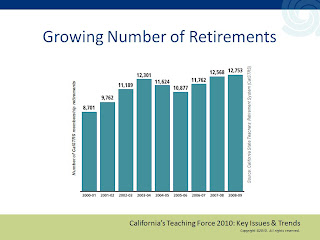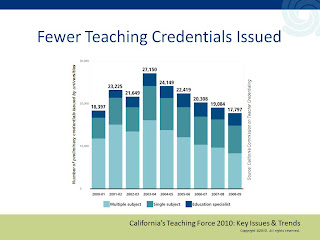Bill Gates, Arne Duncan and others have been spewing the ridiculous lie that teacher experience and education do not matter very much, as indicated by the fact that student test scores are often low, even when their teachers are experienced.
It’s the Class, Stoopid
This should come as no surprise since standardized tests measure students’ material security and social privilege, not the quality of their teachers. Any teacher at a low income school, whether young, old, experienced, or novice, will have lower test scores than those teaching at middle class schools. (The data below offers just one example of the correlation between standardized test scores and poverty). For some explanations of how poverty influences student achievement, please see 8 Delusions About Education, The Dropout Process in Life Course Perspective, Inequality at the Starting Gate, Meaningful Differences in the Every Day Experience of Young American Children and any number of articles by Richard Rothstein.
2005 College Bound Seniors Average SAT Test Scores
Verbal Math Total
Could the Ed Deformers be Right? (Of course not, they don’t even make sense)
Let’s assume for the sake of argument that experience and education do not matter much. Let’s further assume that student test scores can discern the good teachers from the bad ones. This leaves a fundamental question unanswered: How did these good teachers become good teachers?
Was it on the job training, an argument made by those who wish to throw more undertrained novices (like Teach for America) into the ring? If so, then experience really does matter. Throw them into the deep end and, if they don’t sink, they will improve over time.
Or is it some magical ability that certain “supermen” teachers have, that most of us lack? If this is the explanation, then it seems unlikely that the magic can be transferred to the rest of us mortals, and we’ll just have to be happy with the few “supermen” out there and make do with a majority of mediocre grunts.
Or perhaps it’s just that unionized, well-trained teachers are spoiled and lazy and need to have the discipline that only a non-union, down-sized, assembly line charter school can impose? If this was the case, then we should only find good teachers and never any bad ones in charter schools, which is clearly not the case. Or perhaps we just need to abolish the unions entirely, since they are clearly such an impediment to progress. Of course, if this were the case, then why do “right to work” states and districts without union contracts tend to have lower student test scores?






